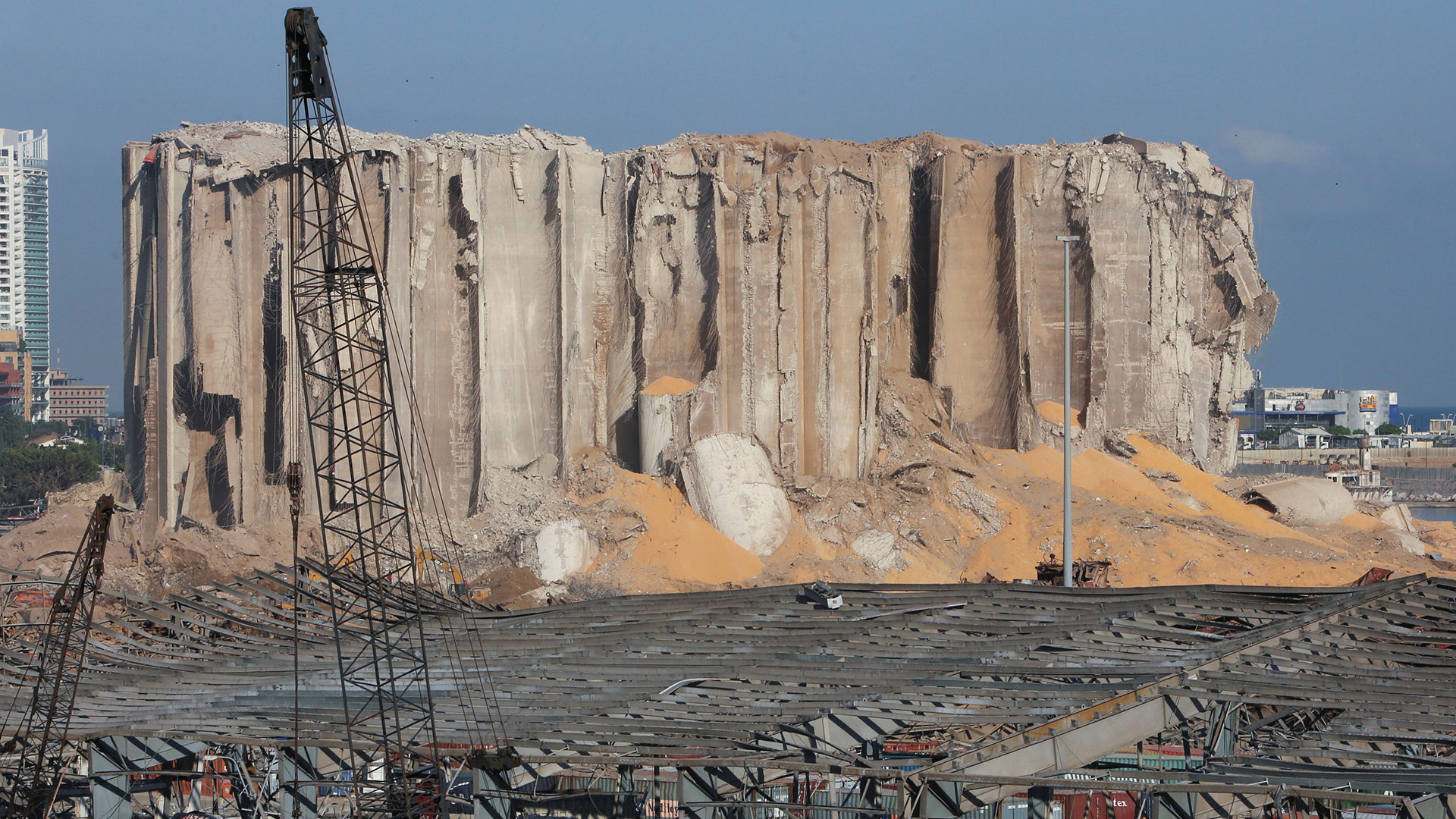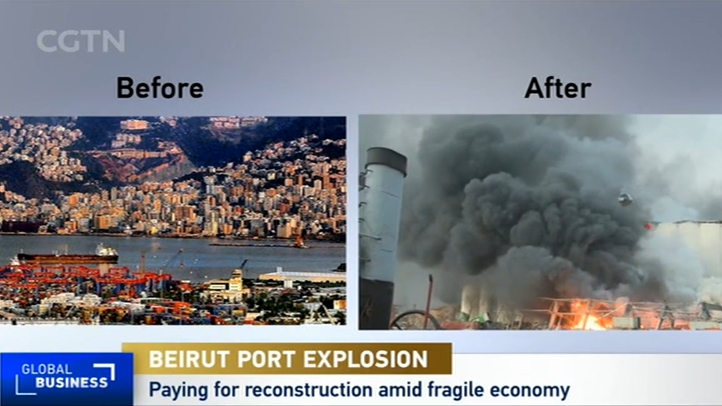05:29

Lebanon continues to struggle with a bad economy and the coronavirus pandemic with the massive explosion Tuesday evening adding to devastation in the city, leaving hundreds of thousands of people homeless. Dr Alessandro Arduino from the National University of Singapore (NUS) is worried that a humanitarian crisis in Lebanon will become a reality.
Lebanon is a heavily import-dependent economy with the bulk of food imports coming through the Port of Beirut. Arduino noted that almost 80 percent of Lebanese needs are imported, and more than half arrive at the Beirut port.
Referring to the destructed grain silos which are important for the country's food security, he stressed, "We are not only talking about the prospect for diminishing quality of life for the Lebanese but also (talking about) a looming humanitarian crisis that unfortunately is going to become a reality."
"We can say that the negative ripple effects related to the explosion are not only about the severity of the casualties but also about the 300,000 displaced that are without shelter and without food," Arduino shared with CGTN.

A before and after-explosion comparison overlook of Beirut port. /CGTN
A before and after-explosion comparison overlook of Beirut port. /CGTN
Before the explosion, Lebanon was already stuck in one of its worst economic cycles in history. The Lebanese pound has deflated 80 percent against the U.S. dollar since October. And the pandemic ignited the further collapse of the Lebanese economy. Food prices have tripled compared to last year.
Lebanon has been negotiating with the International Monetary Fund (IMF) over a bailout package, and has recently received a 40-million-dollar health fund from the World Bank to combat the coronavirus pandemic.
"Hyperinflation, Lebanese currency collapse, and the fact that Lebanon needs to import construction material… it's creating a dramatic situation that is going to compound with the food emergency," he added.
And the existing debt situation in Lebanon, 1.7 times of the country's GDP, adds to the urgency for international support.
The World Bank announced on Wednesday that it "would be also willing to reprogram existing resources and explore additional financing to support rebuilding lives and livelihoods of people impacted by this disaster."
The European Union also said that it would be ready to respond to the most urgent needs of Lebanon and to provide required assistance after these grave events.
From Arduino's perspective, international support is needed but not a sustainable solution. "External support is not a long-term solution. It's just a short-term solution in order to find a sustainable, long-term solution. Economic structural changes are needed," he commented.